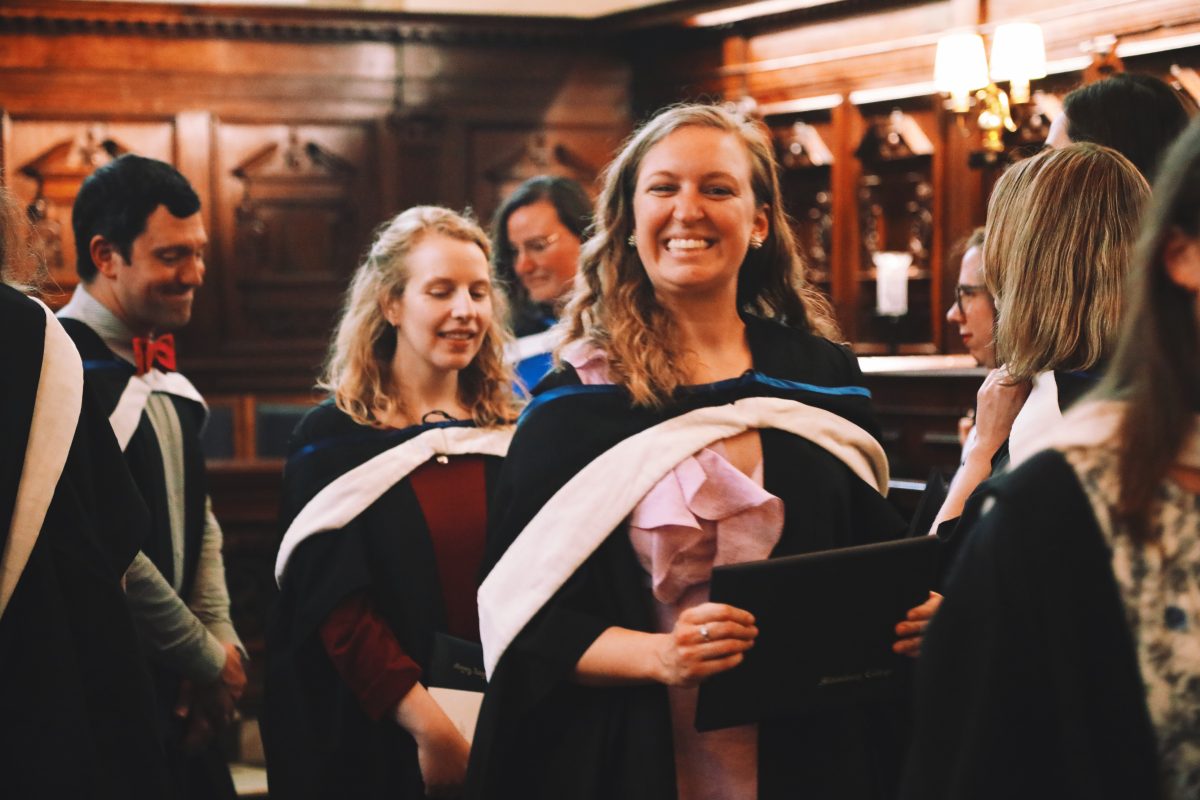MINA OMAR
FEATURES EDITOR
Before being accepted to ASL, Maalik Mbatch (’14) had never dreamt of what a private school education could entail. He previously attended Capital City Academy (CCA) in Willesden, an area in northwest London, which is a part of the London Borough of Brent. Mbatch compared the school to QK. “They accepted literally everyone, and since they accepted everyone, there were many different types of people at the school,” he said. “The school had everyone from your potential genius to kids who are predestined to live a bad life.”
The biggest difference between CCA and ASL, however, was cost. CCA, a public school, was free, as opposed to ASL, where families pay £23,550 a year per High School student. However, Mbatch was so skeptical about his chances of being accepted, that he chose not to worry about the tuition until after discovering whether or not he had been accepted.
Mbatch’s mother, who suggested that he apply to ASL in the first place, knew about the school’s prestigious reputation because she worked in the St. John’s Wood area and had met ASL students through community partnerships. “I thought that my chances of getting in were slim to none,” said Mbatch said. “I assumed that kids only got into school on a merit basis and that ASL would only take potential scholars.”
Mbatch described himself as an “untraditional learner” and said that since his previous school did not offer programs that catered to students like him, he gave up on his schoolwork. The education he was receiving at CCA did not interest him at all. “I decided that if I wanted to make a success out of my life, I had to leave [CCA],” he said. “I was scared that if I didn’t leave, I wouldn’t be able to do well later on in life.”
After learning of his acceptance to ASL, Mbatch’s next step was to apply for financial aid. His family had informed the school that he would need a significant amount of the tuition covered but this information was given openly. Generally, students apply need-blind to the school and then seek aid only once they’ve been accepted.
ASL uses School and Student Services (SSS), a service provided by the National Association of Independent Schools, to process financial aid applications and determine the amount of aid a family is rewarded. The calculations for financial aid given consider all aspects of a family’s finances, including assets and expenditure.
Mbatch comes from a single-parent household and has the majority of his tuition covered by the school. His aid covers both the SLD program and any standardized tests that he has to take. “[The school] takes an amount of tuition from us that is acceptable and still makes it okay for us to afford other necessary things,” he said.
However, Mbatch’s is a rare case. In most instances, the school awards 67 percent of tuition, which comes out to be around £15,600 to those students who apply for financial aid. ASL also covers the tuition of students whose parents work at the school and makes aid available for trips and extracurricular activities both to families who are on financial aid and to those who do not normally receive aid. The purpose of this is to ensure that all students have equal opportunities to go on the school’s trips.
This year, the budget for financial aid was 7.2 percent of the tuition that came in. However, the strategic plan for aid set by the Board of Trustees hopes to increase the budget to 8 percent by 2015. Even with the increase, the budget is about 3 percent less than the amount provided by other National Association of International Schools institutions. Dean of Admissions Jodi Warren said that ASL has offered less aid than other NAIS schools since she started working at ASL.
Warren also said that the goal for financial aid is to give students access to an American education and to what ASL provides. “It’s really about access,” she said. “I think that it benefits everyone if there’s an increase in socioeconomic diversity at the school.”
She said that the increase in amount of financial aid is necessary as, in the last two years, there has been a substantial waiting list for financial aid. “Last year was the first time that we have had more applicants for financial aid than we had funds for,” she said.
Unfortunately, the lack of aid meant that families who had been accepted into ASL had to withdraw their acceptance as they were not able to afford the tuition fees without any form of aid.
Warren explained that there is an order to the way aid is distributed The first priority goes to families who are already in the school and receiving aid. Next, aid is given to families who are already in the school but were not previously receiving aid. Finally, aid is given to those who are newly applying to the school.
One student, who wishes to remain anonymous, has been on financial aid for five years and doesn’t feel as if it is something that she has to hide. She believes that the level of wealth is spread out at ASL and because of this she does not feel different from students who are not receiving aid. “I have friends that are really wealthy and I have friends that are not,” she said. “It makes me feel better because I’m surrounded by both types of people and I don’t feel too set apart.”
On the other hand, Mbatch said that in some ways being on financial aid does set him apart from his peers. “It highlights the fact that I’m part of a different world than some of the people that go here,” he said. “I hear people joking about ‘the thug life’ and ‘living in the ghetto,’ but that’s really how I grew up.”
Mbatch does not feel as if his financial aid status puts him at a disadvantage at school, but rather that it sets him apart in terms of what he can and cannot do during the weekends. “It’s impossible for me to go out to dinner or see a movie with friends,” he said. “It’s just not going to happen.”
Although some students do not feel the burden of financial aid while at ASL, the topic becomes much more apparent to families when students think of leaving ASL and applying to college. The student who wishes to be unnamed is only a freshman but already knows how financial aid will change her approach to the college process, but that it will not affect where she applies. “I’m going to be taking out student loans,” she said. “My parents will take out the loan and then I will pay them back.”
Mbatch’s future after ASL, is heavily affected by whether he receives aid or not. He is hoping to get almost all of his tuition through either aid or a scholarship. Mbatch said his counselors have been extremely supportive, and are pushing so that he is able to receive aid.
Although aid is essential, Mbatch is planning on applying predominantly to the U.S. He does not want to go to a British university after attending ASL. “I guess if I had wanted to stay here I wouldn’t have switched systems,” he said. “I’ve gotten used to the idea of a different type of education and now I want to finish that journey.”
If Mbatch is not able to receive aid from the schools he is applying to, he intends to stay in the U.K. until he makes enough money to be able to pay for university himself rather than putting any of the strain on his mother. “I would never want to put the burden of that much money on my mother,” he said. “There’s just no way.
Although Mbatch has put himself into a difficult position by enrolling in the American system, he does not regret his decision to do so. He said that he is thankful to be one of the students that the school offers aid to. “I’m proud of myself and the fact that amongst all the failures and past school experiences, I was able to get into this school,” he said.
He feels as if the opportunities offered to him because of financial aid will one day help him achieve his dreams. “No one in my family really got to fulfill their dreams. They all became parents or were exposed to unfortunate events before they were able to do what they wanted to,” Mbatch said. “I want to be able to look back and feel proud of what I’ve achieved because of being on financial aid at this school.”
mina_omar@asl.org







